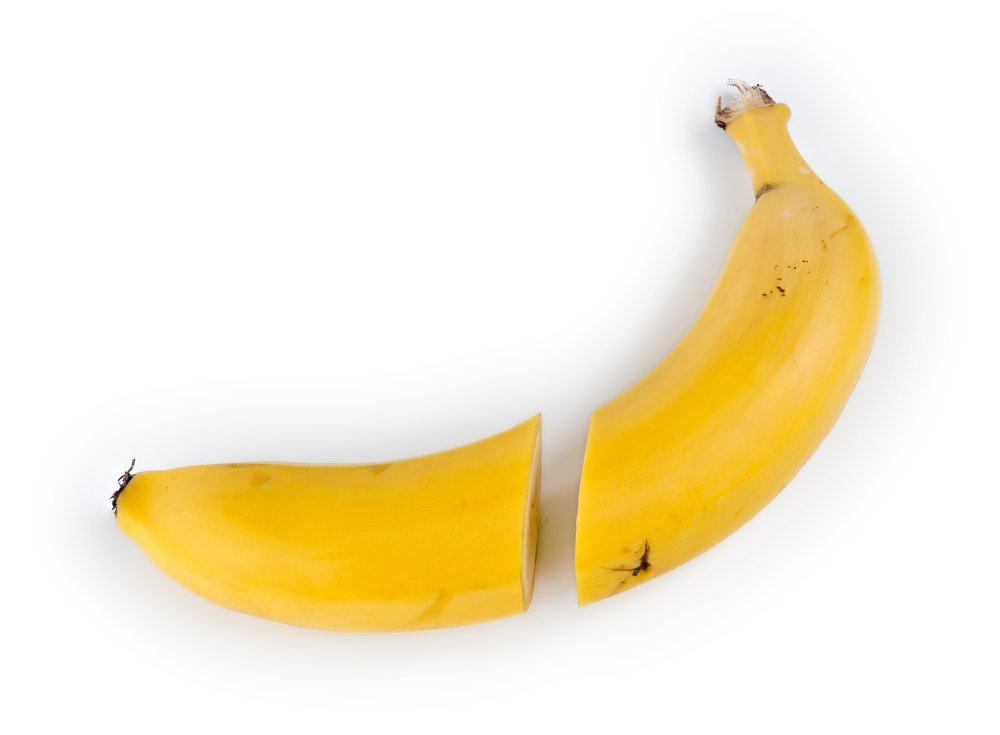Contents:
- Medical Video: Weight Loss Surgery Options - Mayo Clinic
- Diet only works in the short term
- A diet can increase your weight gain
- What causes the diet to make fat?
Medical Video: Weight Loss Surgery Options - Mayo Clinic
Diet is one of one's efforts to lose weight. Many people, especially women, go on a diet in various ways. Some limit their fat intake, limit carbohydrate intake, and even don't eat rice. Indeed, there are many ways a diet can be done by someone, but not necessarily all of them make you lose weight and the most important thing is not all of them are healthy for you.
Diet only works in the short term
Many people feel that he managed to lose a few kilograms of body weight after a diet and also feel satisfied. Satisfaction that makes him think he can be free to eat anything and forget his diet after successfully losing weight. This is what makes you gain weight again after successfully undergoing a diet. Many people forget that the impact of the diet is not long.
Decreasing weight that is not maintained makes a person's weight rise again after the diet. You tend to gain weight again after a diet, this is called diet-induced weight-gain and can contribute to obesity.
People who diet can experience greater weight gain compared to people who don't diet with the same genes and bodies. This has been proven by Pietilaine's research, et al (2011) in twins aged 16-25 years in Finland. The study found that those who were on a weight-loss diet were 2-3 times more likely to be overweight compared to colleagues who did not go on a diet. Also, the risk of being overweight increases depending on the behavior on each episode of his diet.
A diet can increase your weight gain
Research by Traci Mann in 2007 concluded that diet is a consistent predictor of weight gain. People who go on a diet usually lose 5-10% of their initial body weight for 6 months. However, then as much as two-thirds of individuals experience an increase in body weight more than the weight lost during the diet for four or five years after the diet.
Just like the Mann study, a study by Neumark-Sztainer (2006), which was carried out for five years, also proved that adolescents on diets had twice the risk of becoming obese compared to adolescents who did not diet.
According to Mann, exercise may be a key factor for the success of maintaining lost weight so as not to return. Many studies show that the more individuals do exercise the more weight they lose.
Besides increasing weight gain, a diet is also associated with an obsession with food, binge-eating, and eat without hunger. The diet is also associated with obesity and eating disorders, according to Haines and Neumark-Sztainer (2006).
Losing weight and getting it repeatedly can also have a negative impact on health. This is related to heart disease, stroke, diabetes, and disrupting immune function.
What causes the diet to make fat?
During a diet, your body does not know that you are on a diet. Your body defines diet as a form of hunger. The cells in your body do not understand that you are limiting your food intake. During a diet, where your intake is low, the body will respond by slowing down the metabolic process and increasing your desire for food.
Hormones in the intestine, pancreas, and fat tissue greatly affect body weight, as well as the process of starvation and burning calories. When you are on a diet and there is a decrease in body weight and body fat, it will also cause a decrease in levels of certain hormones, such as the hormone leptin (signaling satiety), and an increase in the hormone ghrelin (signaling hunger).
As evidenced in the study of Joseph Proietto, a professor of medicine at the University of Melbourne, the levels of the hormone leptin, ghrelin, and insulin changed due to weight loss during diet. As a result, participants in the study were always hungry, both before and after eating.
The diet makes you not aware of the signs of hunger and fullness from your body, so it is easier to eat more even if you are not hungry and you become distrustful of your biological eating signals.
Proietto's research also explains that people who diet will feel hungry and the desire to eat increases compared to before they go on a diet. According to the study, this happens because the brains of people who diet will release more hormones that make them feel hungry. Their metabolism also slows down and the food they eat is stored more in the form of fat.
Even though you're not on a diet anymore and maybe hormone levels are close to stable, your level of hunger will still increase. This is what can make you eat more and finally your weight can increase beyond your weight before the diet. For that, maintaining a diet after a diet is also still needed to maintain your weight. Personality and psychological factors may play a role in an individual's ability to manage hunger, Proietto explained.
READ ALSO
- Guide to Living a Low Carbohydrate Diet
- Yoyo Effect: Causes of Drastic Weight Loss When Dieting
- The DASH Diet and Mayo Diet, Which Is Better?












